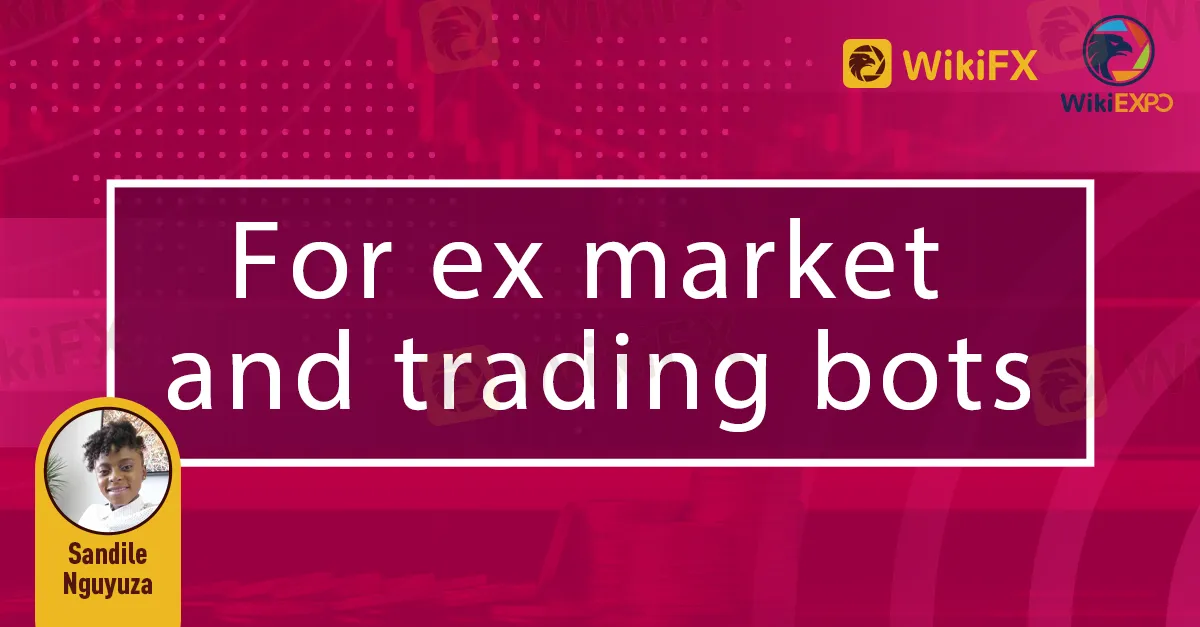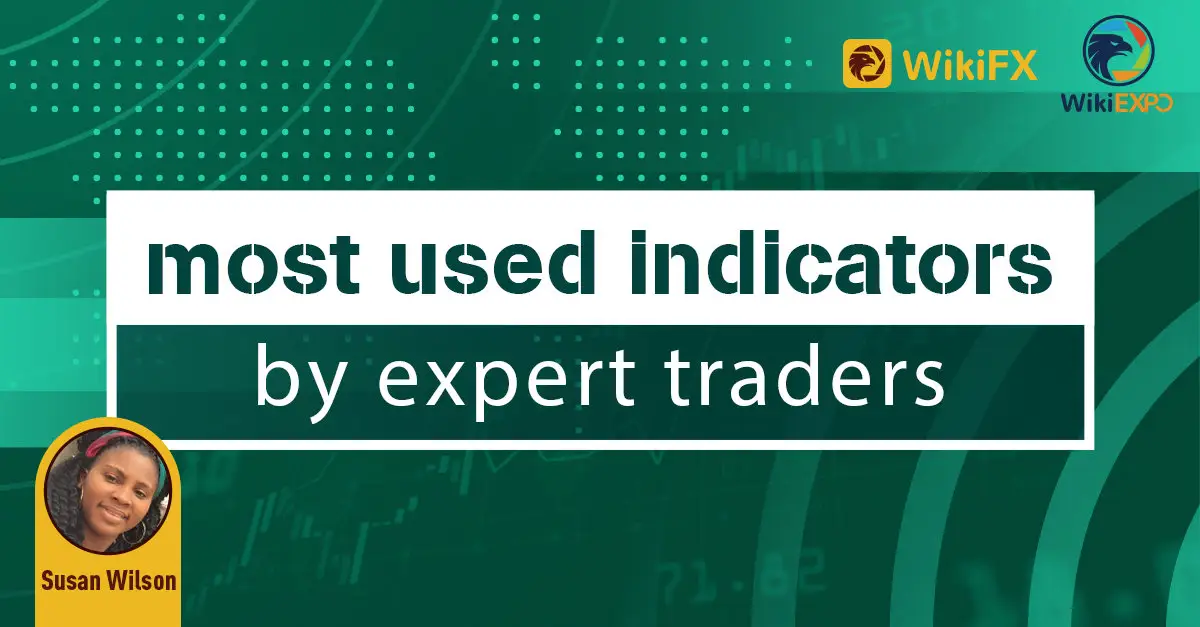简体中文
繁體中文
English
Pусский
日本語
ภาษาไทย
Tiếng Việt
Bahasa Indonesia
Español
हिन्दी
Filippiiniläinen
Français
Deutsch
Português
Türkçe
한국어
العربية
For ex market and trading bots
Abstract:The world of forex trading is a complex world of currencies, commodities, index funds, and many other assets and indicators that can wipe all your money in seconds if you are not up to date with market conditions, international trends, events, and simply what the US president saying this morning.

The world of forex trading is a complex world of currencies, commodities, index funds, and many other assets and indicators that can wipe all your money in seconds if you are not up to date with market conditions, international trends, events, and simply what the US president saying this morning. The forex markets are fast-growing and extremely volatile. In general, it is difficult to predict market conditions because of their unpredictable nature but it is not impossible. If you are dedicating enough hours on your screen, studying market trends and behavior you can eventually find a pattern and that is how a forex strategy is born.
This new strategy would need to be back-tested on a historical trend line if the market conditions are still the same or on a demo trade to assess the application for current market conditions. The challenge is arriving at a working trade strategy is not the easiest thing to achieve, and there are no guarantees that your new winning strategy will continue to work indefinitely. Most strategies only work for some time and will eventually break into a new trend as market conditions change.

This uncertainty has given rise to a promise of never losing your money through trading technology and logarithms that automate the entire trading process for you. This concept is rising in popularity in all forex communities and most traders are buying into the technology, literally. The real question is, does it work?
Every new kind of technology is developed to solve a problem or to fill a gap. Like how an aircraft was designed to get you across the globe in hours instead of using a ship that spends days and weeks in the ocean before even spotting the coast of your long-awaited destination. So, to answer the question “does it work?” we would first need to understand the problem that exists or that existed when manual trading is used.
Manual or discretionary trading is the placing, managing, and closing of trades with human intervention. Everything from when and how you trade is solely at your discretion and achieving success would need you to be mechanical in your approach. This means you need to place trades based on a strategy that you have back-tested countless times to be confident in its effectiveness. If your trading strategy has not passed rigorous back-testing processes, then you cannot call it a strategy.

The challenge with manual trading is the psychology behind the execution. The inability to consistently remain rational and calm in losing and winning periods. Most traders are unable to follow simple trading rules which leads to the destruction of many trading accounts, now in this case automation may be preferred. But then again, if you are unable to follow your own rules as a manual trader will it be any different when using a robot?
Are you going to intervene in the middle of the process when the robot starts losing money or are you going to trust the robot, trust that it is a temporary loss, and the trend will continue in your favor again soon? Those are the questions you need to think about when opting for automated trading.
Yes, robots don't have emotion, and you‘re thinking all your problems are solved right? Don’t be quick to get excited. Trading bots just follow instructions of a code that you have built into the trading software. But even that has a limitation, market conditions are constantly shifting, and a robot is simply unable to make the necessary adjustments by itself in response. It can only be done by human intervention through manual trading.
Manual trading is time-consuming and in forex markets, it can take years for a trader to become an expert. Therefore, many keep their day jobs for years until they are confident that they are being profitable in trading. Yes, you can save time with a robot but while you are away from your screen, market conditions are suddenly shifting in a direction that requires you to take immediate action, now you are exposing your money, and your trades are at risk in that situation.

The short answer is trading robots do work but they are not without limitation. Therefore, there is no real difference between manual or automated trading. Yes, manual trading is time-consuming, and it can be influenced by psychological fears or dopamine when you are over-excited about a winning trade. This can lead you in the direction of placing more trades without strategically evaluating the reasons for those trades because you are excited about winning and your dopamine levels are on a high.
While losing could put you under pressure to close a trade that would have otherwise made you a lot of money if you had kept it running for a while longer. On the other hand, you would think automated trading is great because you wont have to deal with the psychological and emotional influence manual trading will impose on you. But, at the same time, the robot will not be able to react to any sudden changes in market conditions and that can equally impact your trades negatively.
Therefore, my recommendation would be to use a combination, a hybrid of both manual and automated trading. Where you develop a strategy, back-test it until you are confident in its effectiveness. Make use of coding or a coding specialist to build a code that mimics your trading strategy inside a software and use that as your trading solution.
Be careful, don't just buy a robot that someone is selling and call it a trade. Ask yourself, why is that person selling a software to make you money? Why wont they just use that software for themselves and make millions but instead they are spending a lot of time and money to advertise the “best trading robot”.

With that said, keep yourself up to date with current affairs and observe your trading robot often enough. Simultaneously train your psychology to be prepared for periods where fear is triggered when losing trades and dopamine is secreted when winning trades. Work on being neutral in both circumstances, that way you will remain rational and reduce the chance of putting your trades at risk. Practice, practice, practice, and you will soon become a trader that is more profitable compared to their aggregate losses.
Disclaimer:
The views in this article only represent the author's personal views, and do not constitute investment advice on this platform. This platform does not guarantee the accuracy, completeness and timeliness of the information in the article, and will not be liable for any loss caused by the use of or reliance on the information in the article.
Read more

The USD Analysis In clash With The Fed's Monetary Policy
What will happen to the USD pair in the days to come ?

Most Used For ex Indicators by Expert Traders
We are all aware of the buzz of how huge the forex market is, it is worth trillions. Yet, loss is so common with beginning traders while expert traders make lots of profits from their trades. Following every advice, tip and insight could be blamed for the loss beginning traders face. However, it all bounces back to the experience. The one thing that helps expert traders make big profits.

How to Identify and Avoid For ex Scams
Do you know the Forex market is the largest financial market in the world, with over $5 trillion traded every single day? At the click of a button you can instantly trade on hundreds currencies, including the US dollar, Euro, British pound, Japanese Yen, etc.

Weak Euro & Strong Pound Tend to Be Clear| Influencer‘s Insight •Jasper Lo
The euro, the British pound, and the Swiss franc are major European currencies traded in the forex market. So far this year, the euro has staged poor performance, compared with what the pound did.
WikiFX Broker
Latest News
Exposing the Top 5 Scam Brokers of March 2025: A Closer Look by WikiFX
Gold Prices Climb Again – Have Investors Seized the Opportunity?
Webull Launches SMSF Investment Platform with Zero Fees
Australian Regulator Warns of Money Laundering and Fraud Risks in Crypto ATMs
The Withdrawal Trap: How Scam Brokers Lure Victims into Paying More
FCA to Investors: Think Twice Before Trusting These Brokers
Trump\s tariffs: How could they affect the UK and your money
Trump gambles it all on global tariffs he\s wanted for decades
TradingView Brings Live Market Charts to Telegram Users with New Mini App
HTFX Spreads Joy During Eid Charity Event in Jakarta
Currency Calculator







